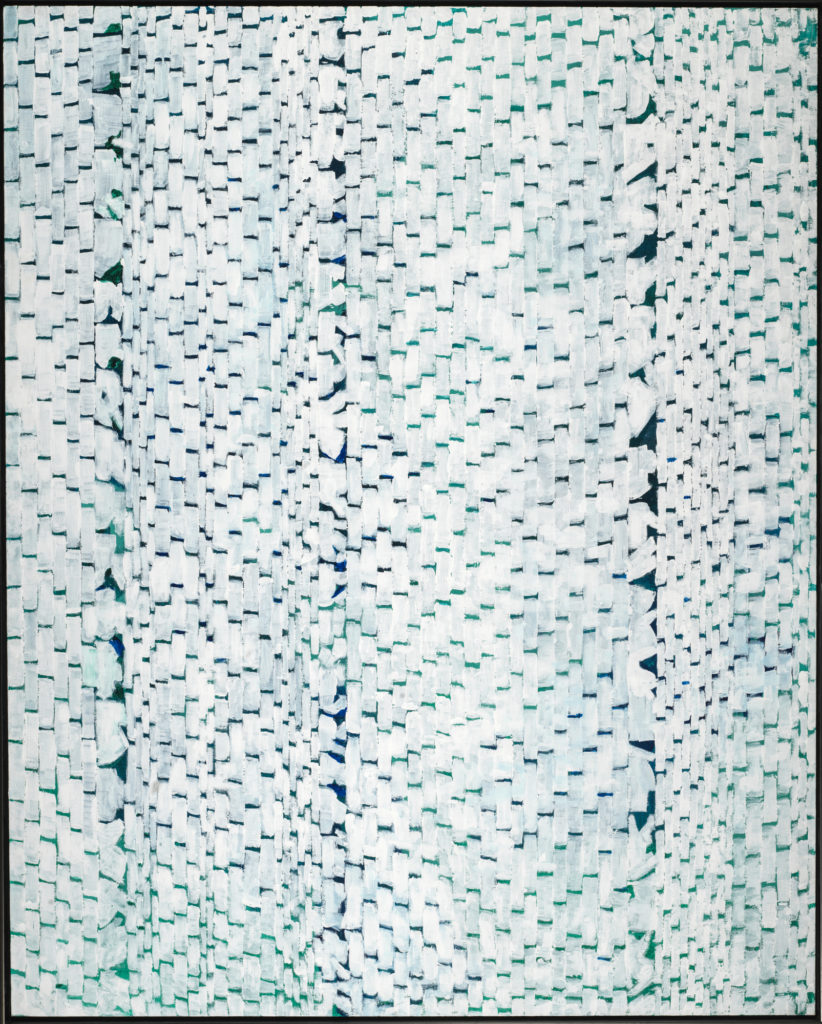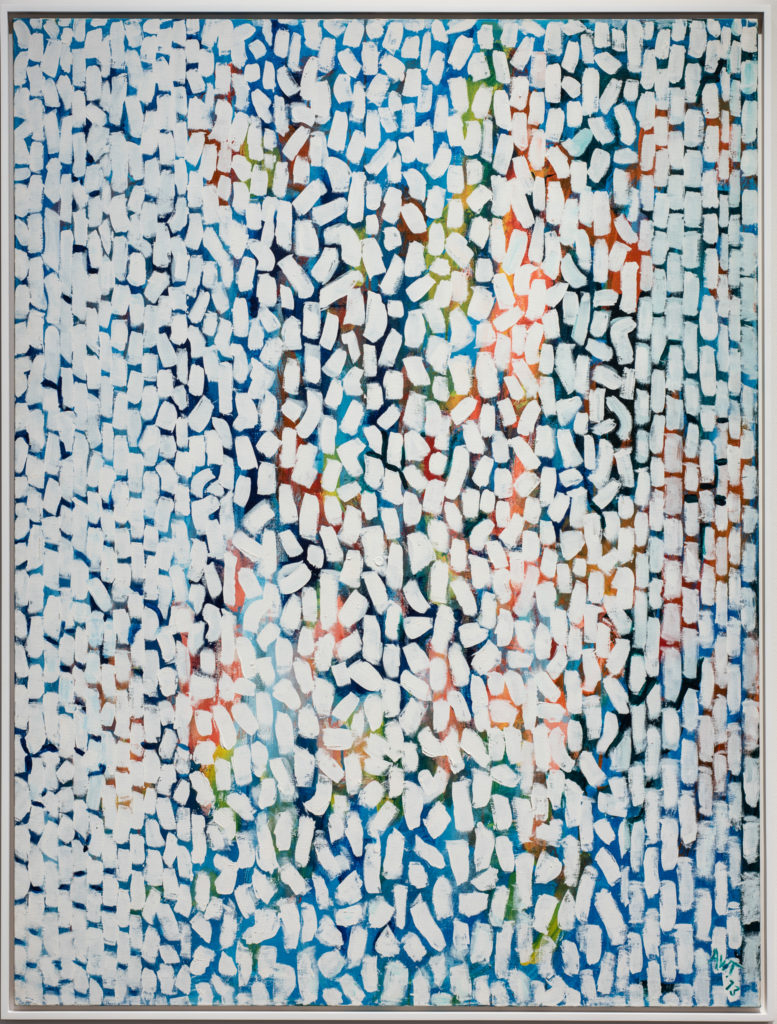Podcast: Play in new window | Download
Subscribe: Apple Podcasts | Email | TuneIn | RSS
Milena & Megan cover African American octogenarian abstract painter Alma Thomas (1891–1978) and Spanish marine biologist María de los Ángeles Alvariño González (1916-2005)
Alma Thomas
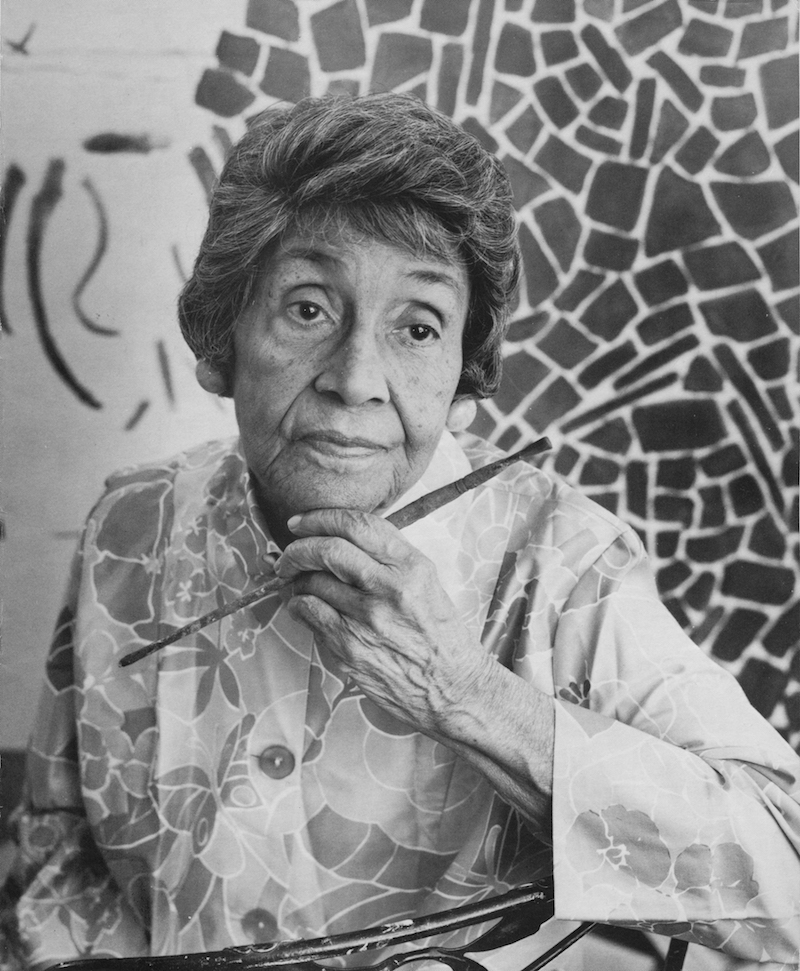
Alma Thomas was an artist who didn’t subscribe to the idea that she was ‘too old’ to be making work. Born in 1891, from a young age her parents supported their daughter and her sisters despite the severe racial discrimination of their rural Georgia hometown. Moving to Washington D.C in order to provide a better life for them, Alma took to the expanded educational opportunities – becoming an artist and educator in the capital city.
Today Megan covers Alma’s path as a teacher and artist, discrimination in the Art World and how after Alma’s retirement her career really took off. Alma is yet another artist that proves that even going into your 60’s it’s possible enjoy a creative career. Next time you think ‘I’m to old for ___’ – think again.
Selected Work

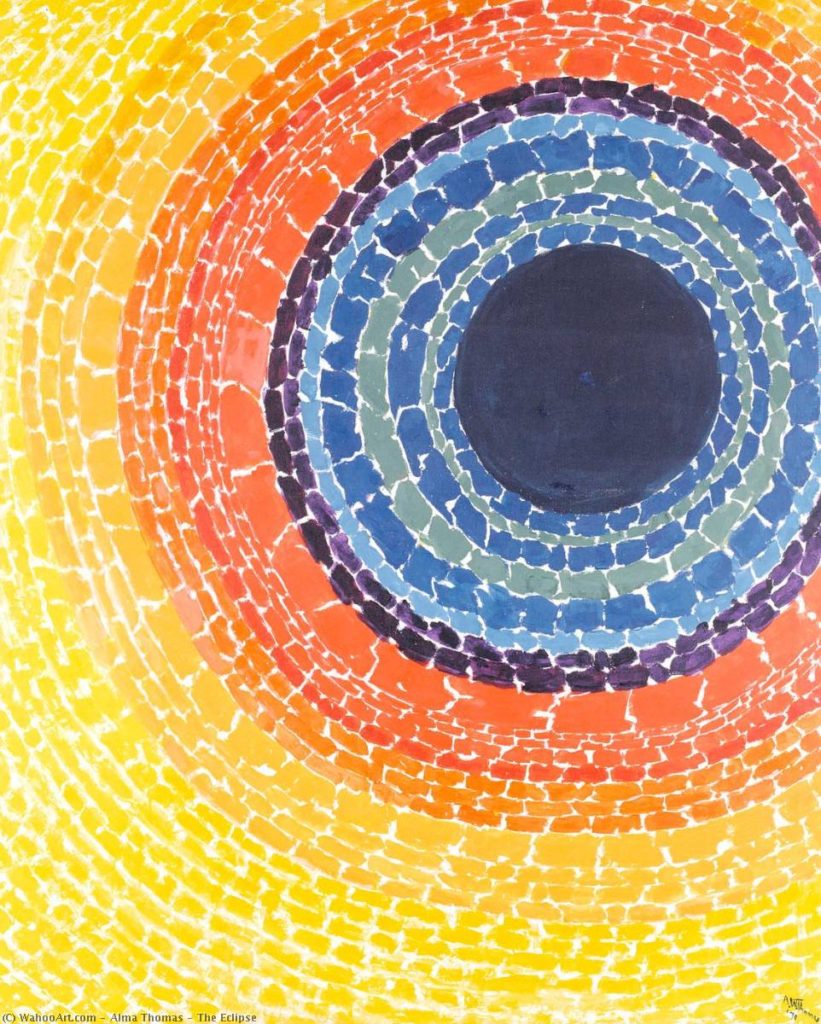
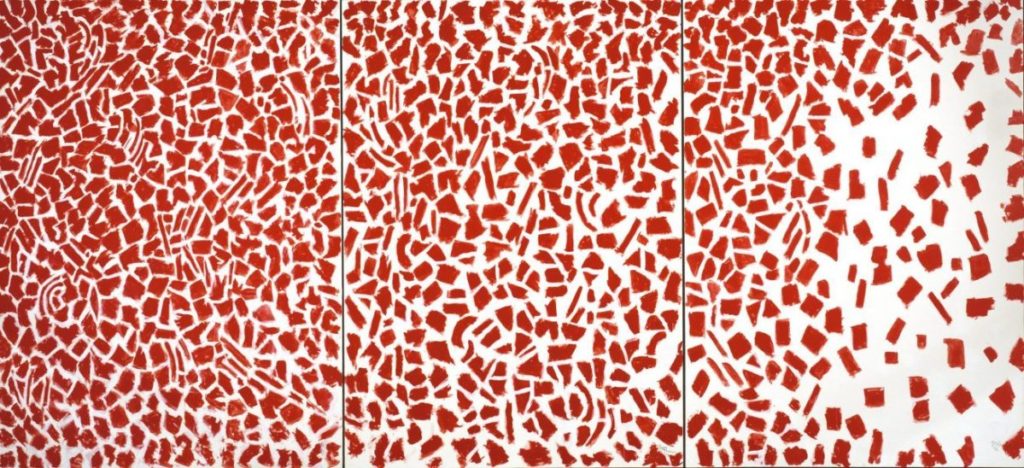
María de los Ángeles Alvariño González
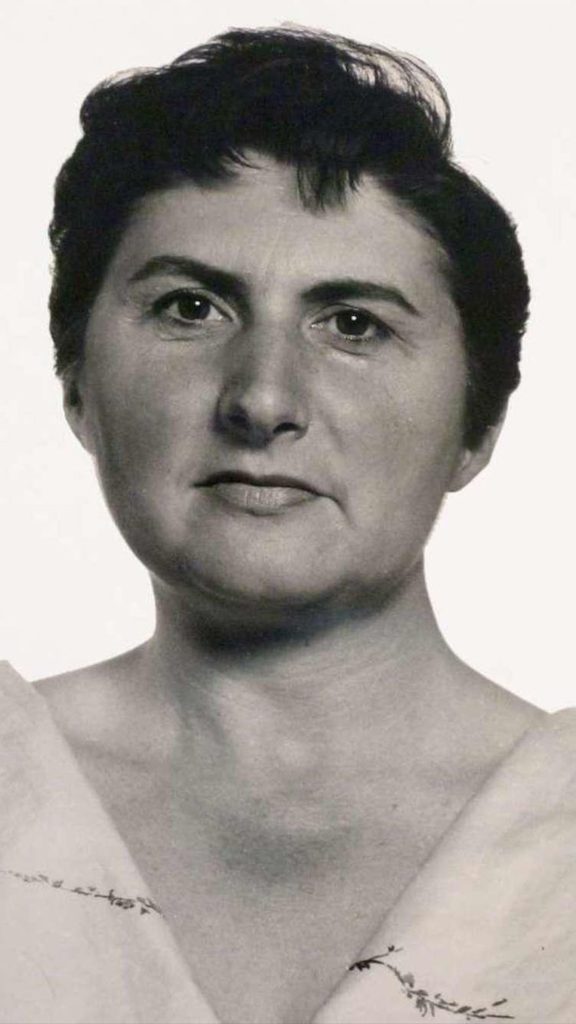
Today’s episode is inadvertently sponsored by SpongeBob. Milena covers Spanish research biologist, oceanographer, scientific historian, discoverer of over 20 types of marine species and all around expert of plankton, María de los Ángeles Alvariño González. While technically she studied the type of plankton featured in the cartoon show SpongeBob, Milena shares the numerous types of plankton out there – and they range from ‘oh that’s cute’ to utterly terrifying.
As funny looking as plankton maybe, María helped establish their importance within an ocean’s ecosystem while asserting her place as a woman scientist. This episode we learn how humans would be dead without them, the importance of learning a second language and how having a woman on a boat will not actually bring out the end times.
As always, music by EeL

